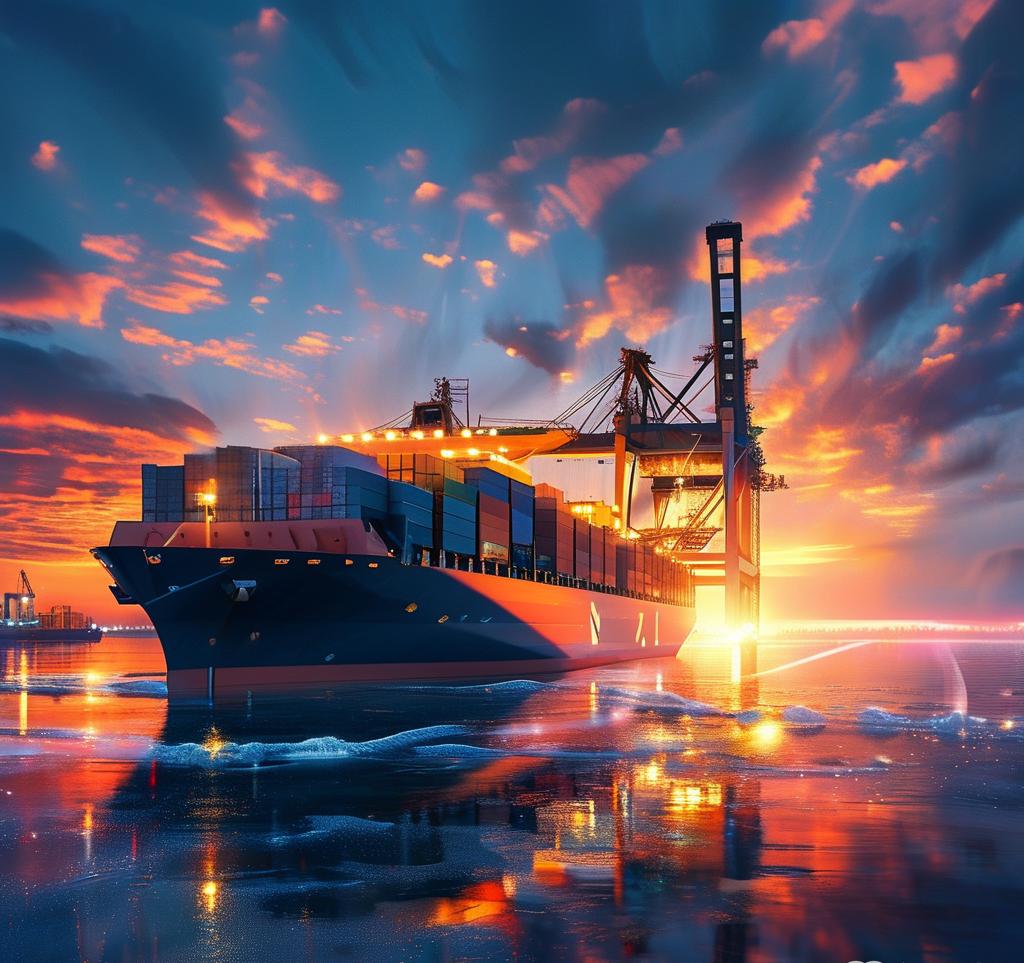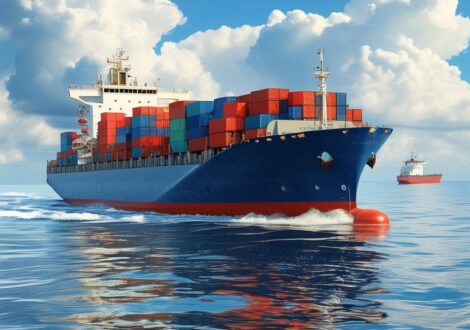- By TOP CHINA FREIGHT
- August 4, 2025
- Shipping
As trade between the two countries continues to expand, shipping from China to Indonesia has become a vital part of regional commerce, supporting industries ranging from electronics and textiles to machinery and consumer goods. With strong logistics infrastructure, frequent sailings, and increasing demand, efficient shipping solutions are essential for businesses aiming to thrive in this dynamic trade lane.

1.Why Import from China to Indonesia?
With China’s position as the world’s manufacturing hub, Indonesia benefits from a wide range of cost-effective, high-quality products—from consumer electronics and furniture to machinery and raw materials.
Key advantages include:
- Competitive product pricing
- Strong logistics infrastructure between both nations
- A growing network of bilateral trade agreements
- Abundant shipping options with regular sailings and flights
Partnering with a reliable forwarder in China ensures smooth and hassle-free logistics.
2.Main Shipping Methods from China to Indonesia
There are several ways to transport goods from China to Indonesia depending on your timeline, budget, and product type. Here’s a breakdown:

Sea Freight
Sea freight remains the most popular shipping option due to its affordability and capacity.
FCL (Full Container Load):
Best for large shipments. You rent an entire 20ft or 40ft container.
LCL (Less than Container Load):
Ideal for smaller volumes. Goods are consolidated with other shipments.
Popular seaports in China:
Shanghai, Ningbo, Guangzhou, Qingdao, Shenzhen
Main Indonesian ports:
Tanjung Priok (Jakarta), Tanjung Perak (Surabaya), Belawan (Medan)

Air Freight
If speed is your priority, air freight offers quick delivery (3–7 days). It’s ideal for high-value or time-sensitive cargo.
Major Chinese airports:
Shanghai Pudong, Guangzhou Baiyun, Shenzhen Bao’an
Main Indonesian airports:
Soekarno-Hatta (Jakarta), Juanda (Surabaya), Ngurah Rai (Bali)

Courier Services (Express Shipping)
For documents or small parcels, DHL, FedEx, UPS, and SF Express offer door-to-door express services, often with delivery in 2–5 days.
3.Transit Times from China to Indonesia
Transit time depends on the shipping method and route. Below is a general estimate:
| Shipping Mode | Estimated Time |
|---|---|
| Sea Freight (FCL) | 10–21 days |
| Sea Freight (LCL) | 14–25 days |
| Air Freight | 3–7 days |
| Express Courier | 2–5 days |
4.Shipping Costs from China to Indonesia
Shipping cost varies based on volume, weight, and the chosen mode of transport. Here’s a rough guide:
| Mode | Estimated Cost (USD) |
|---|---|
| FCL 20ft | $900–$1,400 per container |
| FCL 40ft | $1,500–$2,200 per container |
| LCL | $90–$140 per CBM |
| Air Freight | $4.50–$8.00 per kg |
| Express | $6.50–$12.00 per kg |
Note: Costs are subject to fluctuations due to fuel rates, carrier availability, and seasonality.
5.Customs Clearance in Indonesia
Customs clearance is a vital step. Working with a skilled forwarder in China helps you prepare the required paperwork and avoid delays.
| Category | Details |
|---|---|
| Required Documents | Commercial Invoice Packing List Bill of Lading / Airway Bill Certificate of Origin Import License (if applicable) |
| Duties & Taxes | Import Duties: 0%–25% depending on product classification VAT: 11% on most imported goods Luxury Goods Tax (LGT): Applied to high-end or luxury products |
Tip: Accurately classify your HS code and provide truthful declared values.
6.Door-to-Door Shipping from China to Indonesia
If you prefer a stress-free solution, door-to-door shipping is ideal. Your forwarder in China handles the full process—from factory pickup in China to delivery at your Indonesian warehouse or store.
Door-to-door service includes:
- Export customs clearance
- Inland transport in China
- Main shipping (sea or air)
- Indonesian customs clearance
- Final delivery
Door-to-door is especially popular with small businesses and e-commerce sellers.
7.Key Trade Lanes: Major Routes Between China and Indonesia
Here are some major shipping routes frequently used:
| China Port | Indonesia Port | Typical Mode | Remarks |
|---|---|---|---|
| Shenzhen | Jakarta | FCL/LCL | High frequency |
| Ningbo | Surabaya | FCL/LCL | Fast customs clearance |
| Shanghai | Belawan (Medan) | FCL/LCL | Common for electronics |
| Guangzhou | Jakarta | Air | Express and air shipments |
Using direct shipping lanes reduces transit time and lowers the chance of delays.
8.Common Products Shipped from China to Indonesia
Some popular categories include:
- Electronics and accessories
- Garments and textiles
- Plastic products and toys
- Industrial machinery
- Auto parts
- Home goods and furniture
9.How to Start: Step-by-Step Process
Provide shipment details (cargo type, volume, destination)
Choose the right method—FCL, LCL, air, or courier
Ensure all commercial documents are complete
We handle both Chinese and Indonesian clearance
Your shipment is delivered to your chosen address
Final Thoughts
Whether you’re a large importer or a small e-commerce seller, successful shipping from China to Indonesia depends on having the right logistics partner. By choosing a professional forwarder in China, you ensure efficient delivery, compliance with customs, and cost-effective transport.
With the right support, the China–Indonesia trade lane can be a powerful growth engine for your business.
Ask for a quote
Looking to ship from China to Indonesia?
Contact TJ China Shipping Forwarder for a fast, accurate, and competitive shipping quote.
FAQs
Q1: What is the cheapest way to ship from China to Indonesia?
Sea freight, especially LCL (Less than Container Load), is usually the most cost-effective option for bulky or non-urgent shipments.
Q2: How do I choose between air and sea freight?
Use air freight for small, high-value, or time-sensitive goods. Opt for sea freight if you’re shipping in bulk and can allow more time.
Q3: Do I need an import license in Indonesia?
Certain goods require an import license. It’s best to check with Indonesian customs or consult your freight forwarder for specific product requirements.
Q4: What are the size and weight limits for express shipping?
While limits vary by courier, most express services handle packages up to 70 kg per piece. Heavier items may require special arrangements.
Q5: Can I consolidate shipments from multiple suppliers in China?
Absolutely. Consolidation services allow you to combine goods from different suppliers into one shipment to save on shipping and customs costs.
